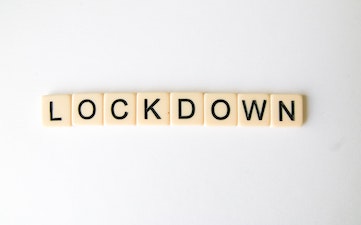
It is well known that vitamin D plays a key role in maintaining bone and muscle tissue as well as boosting the immune system. Recently, there have been news about vitamin D reducing the risk of coronavirus. In the last 2 months, 12 scientific publications have been published on this topic on PubMed. However, there is still no evidence that this is the case.
A recent recommendation by the French Food Agency (ANSES), advises people to ensure a sufficient vitamin D intake through diet during COVID-19 lockdown. ANSES is reiterating the importance of ensuring sufficient intake of vitamin D (not only during the current lockdown but all year round), particularly for older people, people with darker skin tones, and menopausal women. Nevertheless, the French authority mentions that food supplements for offsetting a possible inadequate vitamin D intake should only be taken on dietary or medical advice. In most cases, vitamin D can be obtained through a balanced diet and sun exposure. In contrast, in the UK the NHS has advised people to consider taking 10 micrograms of vitamin D a day to keep bones and muscles healthy. This is because, during the lockdown, people may not be getting enough vitamin D from sunlight as they are indoors most of the day.
In parallel, the French Food Agency (ANSES) has raised concerns against food supplements containing plants with anti-inflammatory properties that could act as non-steroidal anti-inflammatory drugs (NSAIDs) in particular in people infected with COVID-19. Thus, and in the light of the COVID-19 epidemic, ANSES issued an internal request regarding the risks associated with taking food supplements containing plants that could interfere with the body’s immune and inflammatory response in fighting infection by the coronavirus SARS-CoV-2. A number of plants have been identified as having a counter-productive effect on the body’s natural defenses against the coronavirus. The identified plants were plants containing salicylic acid derivatives, similar to aspirin, such as willow, meadowsweet, birch, poplar, goldenrod and polygala, as well as plants containing other herbal anti-inflammatories, such as harpagophytum, echinacea, turmeric, and cat’s claw, and plants of the genera Boswellia and Commiphora.
In parallel, the Norwegian Food Safety Authority (Mattilsynet) has also raised concerns with supplements that claim to have an effect on e.g. providing a stronger immune system, to help reduce inflammation or prevent people from being infected by the coronavirus. In times like the one we are currently living, it is important not to mislead consumers with unsubstantiated claims.
